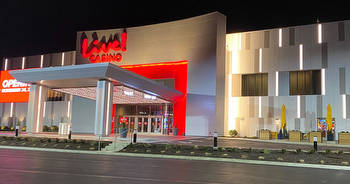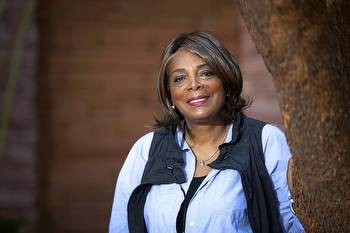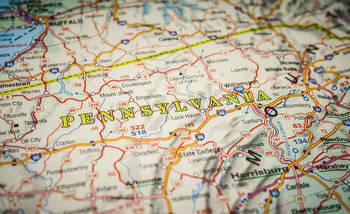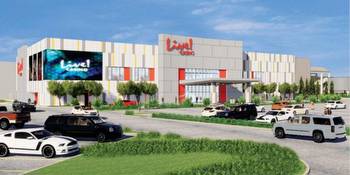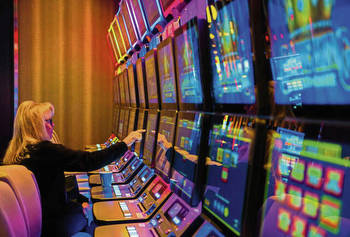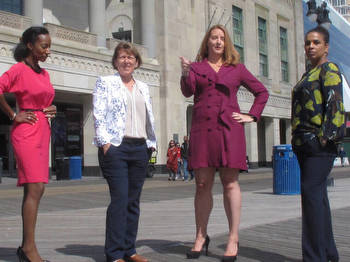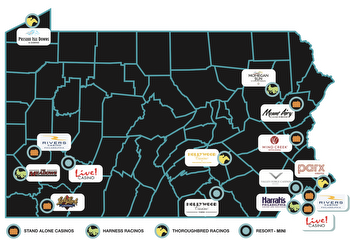Live! Casino Pittsburgh Hosts Diversity Coalition Conference

The importance of diversity is set to take center stage at Live! Casino Pittsburgh as the Westmoreland Diversity Coalition gets ready to host the Make It Matter Regional Conference in partnership with the University of Pittsburgh. The event will be held on the casino premises between May 8 and 10.
PGCB Director of Diversity to Speak During the Event
The Make It Matter Regional Conference has already attracted significant attention across the Keystone State, with the participation of Mozzelle Daniels, Deputy Chief Counsel of Administration and Director of Diversity at the Pennsylvania Gaming Control Board set to deliver a speech on the matter of diversity. Daniels was appointed to the PGCB in August 2006 and today is responsible for guiding efforts to oversee and promote diversity in all aspects of gaming in the Commonwealth as mandated by the Gaming Act.
The conference also sees the participation of national strategist Melanie Miller, who will open the conference and share insights on managing and leveraging organizational strength through intentional acts of inclusive leadership. Miller’s influence extends to prestigious companies like Coca-Cola, IBM, and NASA and she holds leadership roles in prominent associations and collaborates on inclusion research with leading institutions.
The conference includes a slew of other prominent personalities on the Pennsylvania NGO and business front, such as Jeffrey Abramowitz, Director of Employee Engagement at Westmoreland Food Bank and Laurie Barnett Levine, CEO at Mental Health America of Southwestern PA.
PGCB Diversity Report Shows PA Casinos Taking Issue Seriously
A report on diversity issued by the PGCB for 2022/23 shows that are taking their legal obligation to ensure diversity, equity, and inclusion in all aspects of legalized gaming. According to this report, Live! Casino Pittsburgh has been particularly active in this regard, with 14% of employees having African American, Hispanic, Asian and other non-Caucasian ethnicity. There was a total of 256 female employees, compared to 318 males and 9 non-specific gender, which suggests a reasonable balance.











